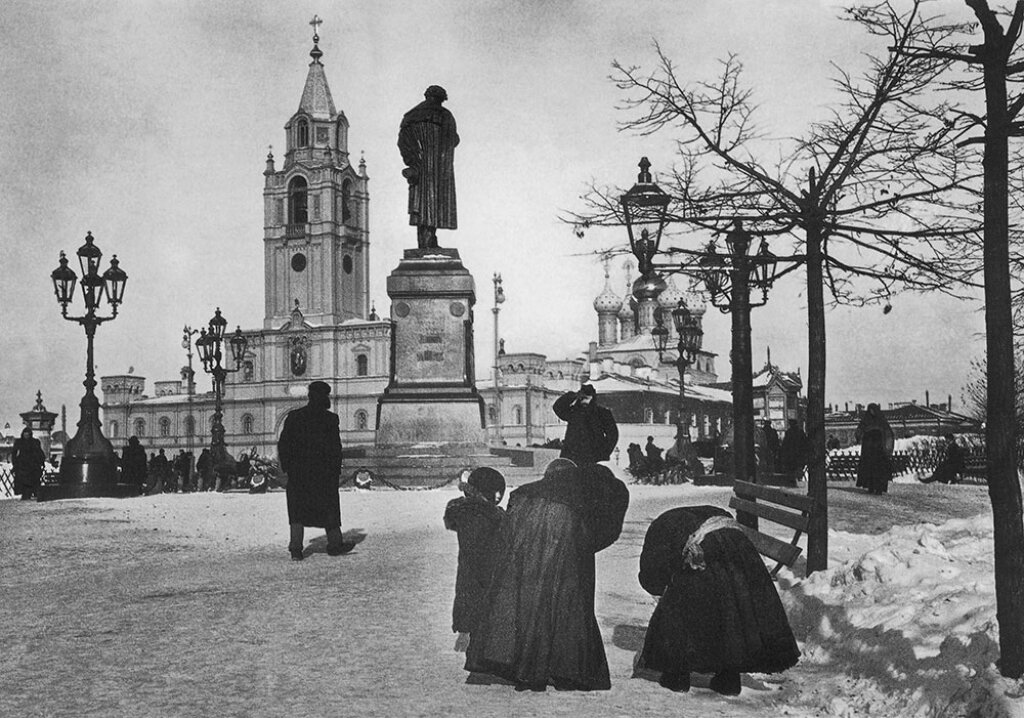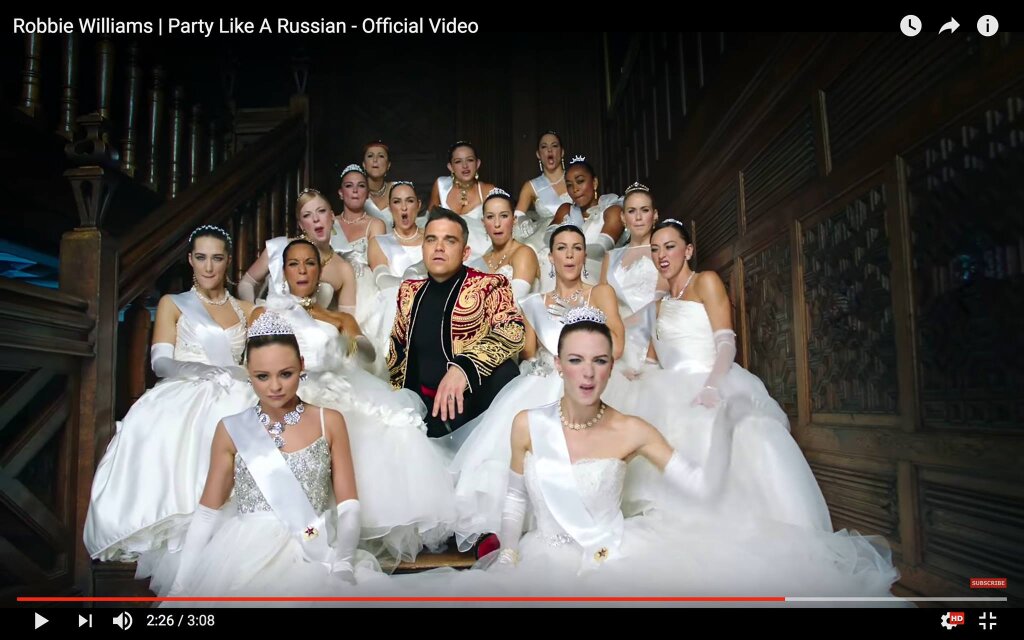This is the third installment of the Pelagia and the White Bulldog portion of “Rereading Akunin .' For the introduction to the series, and subsequent installments, go here.
Pelagia and the White Bull Dog takes its time putting its pieces into place. Perhaps this is why I didn’t enjoy it so much the first time around—it’s a bit of a slow burn. Each of the first three chapters is an introduction of sorts; the first acquaints us with Pelagia and Mitrofianii; the second with the movers and shakers of Zavolzhsk, along with the sinister strangers who come to town; and now the third immerses us in the household of Mitrofanii’s aunt, the eccentric widow Marya Afanasievna Tatishcheva.
At first the various pieces in this chapter seem to be just that: pieces. We meet a large cast of characters: Marya Afanaseivna’s granddaughter, Naina Georgievna; Miss Wrigley, the British former governess; Gerasim, the gardner; Kirill Nifontovich Krasnov, the versifying neighbor, Arkady Sergeevich Poggio, the amateur photographer; the estate manager, Stepan Trofimovich Shiraev; and an Old Believer businessman, Donat Abramovich Sytnikov. If that seem like a long list, that’s because it is. The characters are not easy to keep straight, and we have to try to distinguish them during the course of a long, somewhat philosophical conversation at dinner. For this reader at least, the result is like attending a dinner party full of strangers and trying desperately not to mess up their names out of politeness, while not really caring whether or not one ever sees them again.
Their conversation does reveal a fair amount, both about the novel’s themself and about Akunin’s pet preoccupations. Poggio despairs that he has talent, but no genius, but Pelagia tries to comfort him with some rather heterodox philosophy:
“I think that there is genius hidden in everyone, a little hole through which God is visible,” Pelagia began to explain. “But it is rare for anyone to discover this opening in themselves. Everybody gropes for it like blind kittens, but they keep missing. If a miracle occurs, then someone realizes straightaway that this is what he came into the world for, and after that he lives with a calm confidence and cannot be distracted by anybody else, and that is genius. But talents are encountered far more frequently. They are people who have not found that little magic window, but are close to it and are nourished by the reflected glow of its miraculous light.”
Take away the talk of God, add a bit of science and psychology, and you end up with the pedagogical theories of Lady Astair from The Winter Queen. At the very least, this suggests that in Akunin’s first book, the author was perfectly comfortable exposing a version of a philosophy he might find congenial through the words of a character who functions as a villain. Since Akunin’s own pseudonym is Japanese for “villain,” this is quite appropriate.
It does not, however, make Pelagia a villain. Far from it, she is one of the most unabashedly positive and competent viewpoint characters in Akunin’s work (and given his penchant for creating heroes, that’s saying something). But what is more noteworthy than the actual conversation conducted by Marya Afanasyeva’s guests is their hostess’s response to it:
“Instead of discoursing on high matters and scalding people with boiling water, holy mother, you would do better to get on with solving the mystery of who poisoned Zagulyai and Zakusai for me.”
Maya Afanasyeva’s complaint that her guests are focusing on the wrong thing highlights what’s actually been going on in this chapter: everyone is involved in various levels of displacement and indirection. Pelagia is engaged in “discoursing on high matters,” which is what one might expect of a nun, but she’s actually there to ferret out the culprit in the zoological equivalent of a murder mystery (hence Marya Afanasyeva’s comment). But what is everyone else there doing? As we’ll come to see, most of the people present are hangers-on who hope to inherent when their hostess finally kicks the bucket.
As for Marya Afanasyeva, she has transferred all her love, affection and ambition to several generations of dogs. The dogs, it should be noted, all have somewhat cute names that are the imperative forms of Russian verbs. And all these names could also apply to the hangers-on who are ready to fight over her estate in order to live the good life: Zakusai (Bite), Zagulyai (Go on a spree), and Zakidai (a verb that can be part of a phrase involving pelting someone with small objects, stoning someone, or slinging mud). Underneath a veneer of coziness lies the potential for violence and exploitation.
Or at least, one can hope. This is a mystery novel, after all.



